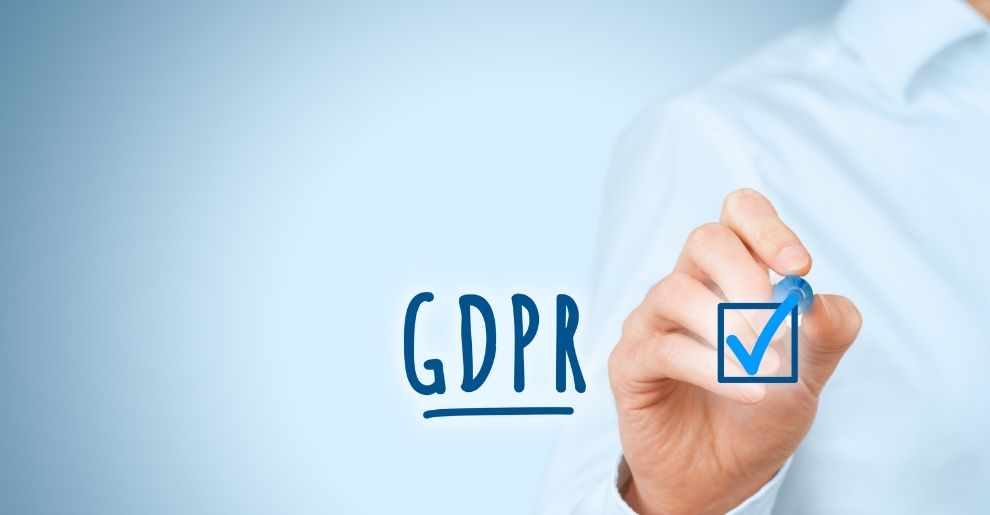Blog: Homeworking and the importance of cybersecurity risk management
Having staff working remotely has presented significant challenges for many businesses, but one of the most difficult to address is the increased cybersecurity risk. As many companies did not have sufficient opportunity to prepare for the transition to homeworking, they may not have identified potential cybersecurity issues. Moreover, it is now much harder to monitor staff and ensure they are following safe practices. Cybercriminals have wasted no time in exploiting these weaknesses, and businesses are encountering threats regularly. Here we look at the cybersecurity risks that homeworking may present to…



